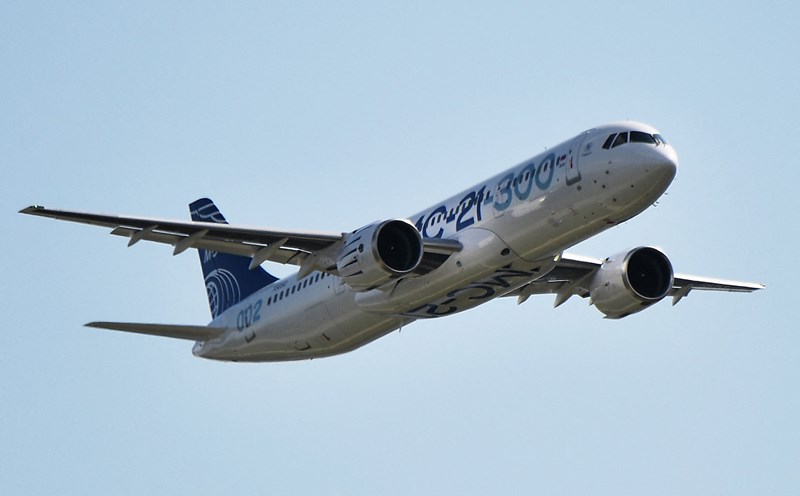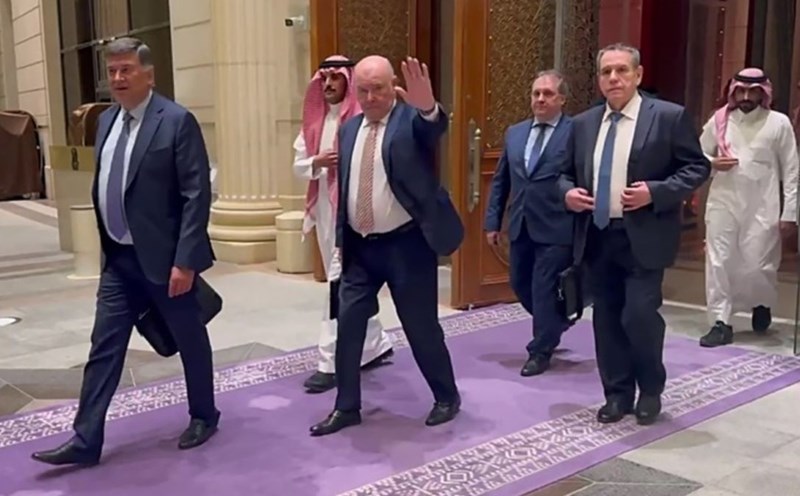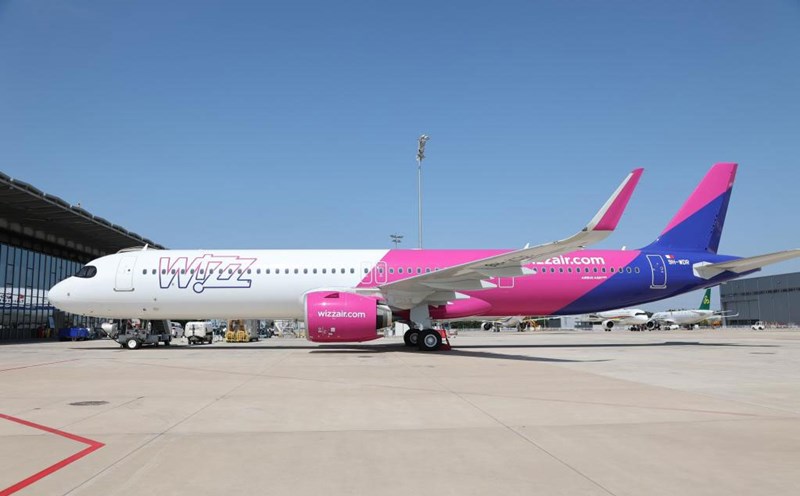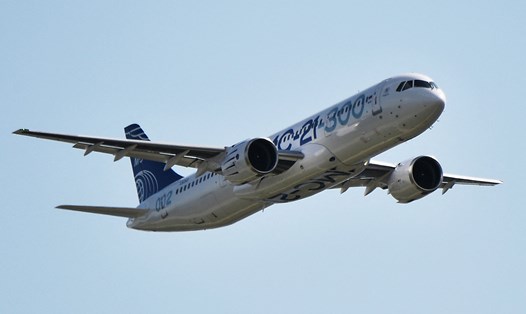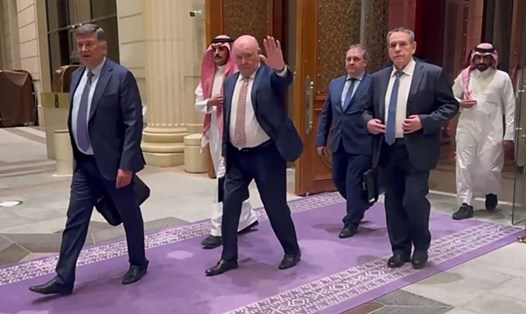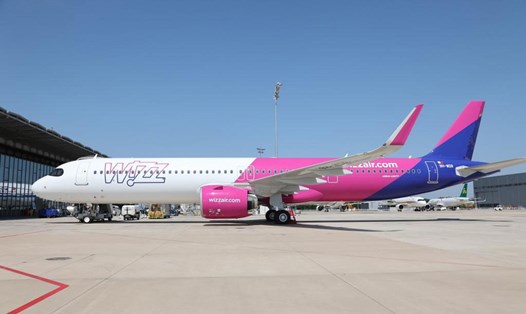RT reported that on March 25, Hungarian low-cost airline Wizz Air announced plans to quickly resume flights to Ukraine immediately after the ceasefire with Russia comes into effect.
Speaking at the Logistics is the driving force for economic development conference, Wizz Air CEO Jozsef Varadi emphasized the potential of the Ukrainian market, affirming that the airline has a detailed plan to restart in the context of anytime peace.
Mr. Varadi revealed that Wizz Air plans to restore production locations in Lviv city and the capital Kiev, with the goal of providing about 5 million seats per year on 60 routes to Ukraine.
According to the European Union Aviation Safety Authority (EASA), reopening Ukrainian airspace could take six to eight weeks after a ceasefire is reached. Although it is not clear when the ceasefire will take effect, CEO Varadi said that Wizz Air is adjusting its operations plan in Ukraine to be ready to resume operations as soon as conditions allow.
According to the Independent, in 2021, Wizz Air was the third largest airline in Ukraine with a market share of 10%. Ukraine has closed its airspace to civil flights since February 24, 2022 as the conflict with Russia escalated, due to concerns about the risk of flight safety in the face of the war.
Previously, Kyiv Independent reported that General Director of Danylo Halytskyi International Airport (Ukraine), Ms. Tetiana Romanovska, said that aviation activities here could be reconnected as early as April or May this year under an optimistic scenario that the Ukrainian government is considering.
Other timelines for reopening Ukrainian airspace are also being considered, including the summer months. In addition to Wizz Air, many other airlines including Air Baltic, Turkish Airlines, SkyUp, Austrian Airlines, Lufthansa and LOT also expressed their readiness to operate flights in Ukraine.
RT said that Wizz Air is optimistic about the possibility of an early ceasefire in the context of Russia and the US promoting diplomatic efforts to end the Ukrainian conflict.
Up to now, through phone calls, US President Donald Trump has persuaded Russian President Vladimir Putin and Ukrainian President Zelensky to accept a 30-day stop of strikes on energy facilities.
In another development on March 25, the US reached separate agreements with Ukraine and Russia on suspending mutual attacks at sea to ensure maritime security in the Black Sea area.
Although it is unclear when it will take effect, both Kiev and Moscow have said they will rely on Washington to supervise the implementation of the agreements, but have expressed skepticism about whether the other side will comply.

